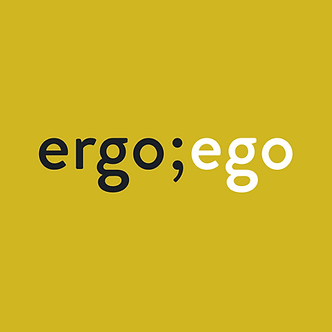Not knowing how to be authentic and effective can have significant negative consequences for someone’s personal and professional life. Failing to communicate effectively can lead to:
Missed Opportunities for Connection: Not being authentic may result in missed opportunities to connect with others on a deeper level, hindering the development of meaningful relationships.
Difficulty Building Trust: Without authenticity, it can be challenging to build trust with colleagues, clients, and stakeholders, potentially hindering collaboration and teamwork.
Limited Personal Growth: Without authenticity, individuals may struggle to recognize and address their own strengths, weaknesses, and areas for growth, limiting personal development and fulfillment.
Stress and Discontent: Failing to be authentic can lead to feelings of stress, dissatisfaction, and disconnection, as individuals may feel they are not being true to themselves.
Damaged Reputation: Inauthenticity may damage one’s reputation and credibility, as others may perceive them as insincere or untrustworthy.
Conflict and Tension: Inauthenticity can lead to conflict and tension in relationships, as discrepancies between words and actions may create distrust and resentment.
Lack of Fulfillment: Not being authentic can result in a lack of fulfillment and satisfaction in both personal and professional life, as individuals may feel they are not living in alignment with their values and beliefs.
The pain point of not learning how to be authentic and effective
Not learning how to be authentic and effective can certainly be managed as a pain point for the following reasons:
- Limited Trust and Rapport: Without authenticity, individuals may struggle to build trust and rapport with colleagues, hindering collaboration and teamwork.
- Ineffective Communication: Inauthenticity may lead to miscommunication and misunderstandings, resulting in inefficiencies and conflicts in the workplace.
- Missed Opportunities: Failing to be authentic may result in missed opportunities for career advancement and personal growth, as individuals may struggle to connect with others and showcase their true potential.
- Can Communication Solve It?
Communication plays a vital role in solving these issues:
- Integration and Inclusion: Effective communication skills play a significant role in building trust and fostering inclusion within teams. By communicating authentically, individuals can facilitate integration into the team and company culture, helping them feel included, valued, and connected within the organization.
- Building Trust: Authentic communication builds trust and strengthens relationships, enabling individuals to collaborate more effectively and achieve common goals.
- Conflict Resolution: Authentic communication promotes open dialogue and understanding, making it easier to address conflicts and find mutually beneficial solutions.
Mastering the art of being authentic and effective is essential for becoming a powerful leader and speaker, achieving personal and professional goals, and fostering overall success and fulfillment in life.
